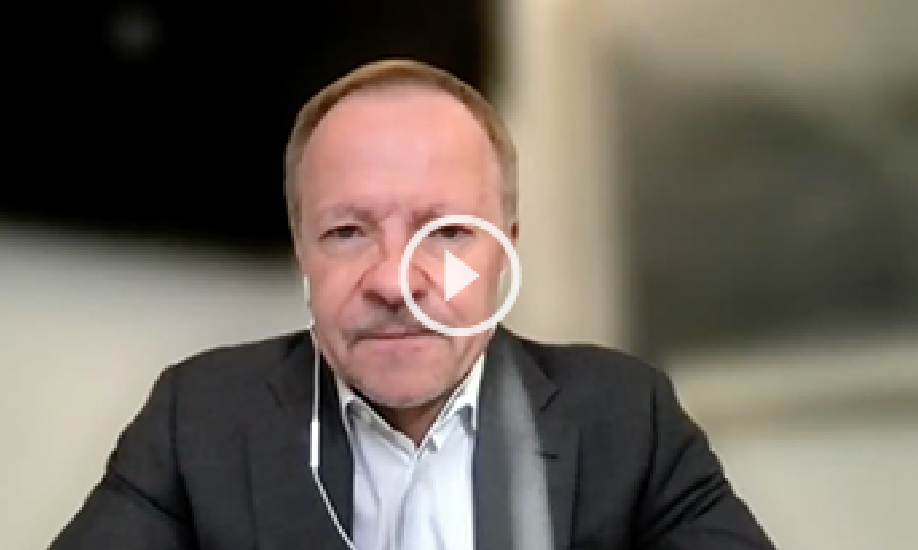SITC 2021 Updates for Cervical Cancer: AGEN1181
David M. O’Malley, MD, shares insight on data presented at SITC 2021 on the use of a second-generation, Fc-enhanced anti-CTLA4 antibody, AGEN1181, in patients with advanced cervical cancer as well as other solid tumors.
David M. O’Malley, MD: At the most recent SITC [Society for Immunotherapy of Cancer Annual Meeting], Agenus presented their AGEN1181. This is the next-generation CTLA4 with an Fc-enhanced region, which appears to have very nice efficacy when looking across solid tumors. The trial presented was an escalation into an expansion cohort across solid tumors, and they enrolled 116 patients. Solid tumors included colorectal, ovary, hepatocellular, angiosarcoma, pancreatic, and other.
A third of these patients had a previous I/O [immuno-oncology] therapy, and over half had 3 or more prior therapies. It was a very heavily pretreated population. In the escalation phase, they enrolled the AGEN1181 as a single agent, and then in the expansion, the AGEN1181 was combined with balstilimab, their PD-1 inhibitor. We saw some very interesting results. For example, of the 9 patients with ovarian cancer, 3 had confirmed partial responses. All 3 patients with microsatellite stable endometrial cancer had a confirmed response, 1 of those being a complete response. The efficacy is very interesting, but it’s very early.
Most important, with the CTLA4 inhibitors, we were worried about toxicity. The toxicity’s safety set was 100 patients, and they saw very reasonable immune-associated toxicity. With most CTLA4 inhibitors, the greatest question is on the colitis as well as endocrinopathies. It’s quite reasonable, but it did approach 11% for grade 3 or higher diarrhea and colitis. The immune toxicities seem to be less than has been previously reported with other CTLA4 inhibitors. This very interesting next generation of CTLA4, AGEN1181, showed some interesting clinical activity, both as a monotherapy and in combination. And once again, we saw this durability of response, so we hope to see this agent move forward, potentially as a single agent and in combination with balstilimab.
Transcript Edited for Clarity






